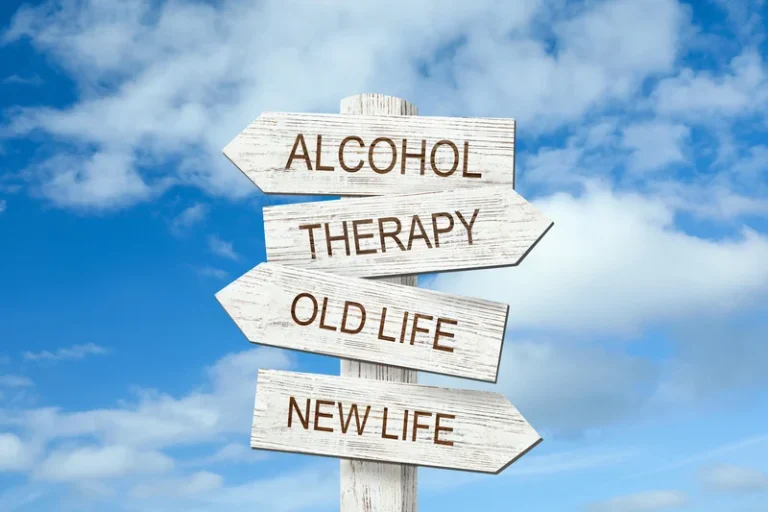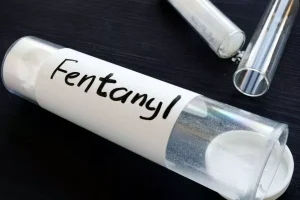It contributed data to estimates of event rates but did not contribute data to the calculation of OR. This meant that 12 trials using data from 803 participants contributed data to the meta-analysis. When those who were not using cannabis at the time of our first survey later started using cannabis, they showed improvements https://ecosoberhouse.com/ in those same health measures that mirrored the differences between the cannabis users and nonusers in the beginning. The serotonergic system has a pivotal role in the modulation of motivational and reinforcement processes and is involved in the regulation of the rewarding effects of certain drugs of abuse.
Can Medicine Help With CUD?
- For example, a 2022 comprehensive review of the effects of cannabinoids on normal sleep and sleep disorders showed that cannabis products have minimal to no effects on sleep and may produce negative effects in some individuals.
- Because the laws regarding the use of cannabis and cannabis products are rapidly changing, you should always check your state’s laws before using products containing CBD or THC.
- Additionally, there was a prolonged impact on these measures one week after short-term repeated CBD treatment.
Not scheduling a substance means that it is not subject to strict international controls, including for production and supply. Its legal status in countries is something for national legislators to decide. Some countries have eased regulations around cannabidiol, to consider products containing CBD to be medical products. These include Australia, Canada, Switzerland, the United Kingdom, and the United States of America. It may help manage certain health conditions, improve mood, and reduce pain.
Data extraction
They play an important role in a wide range of functions including sleep, pain, appetite, mood, and the immune system. Dopamine is a neurotransmitter that plays an important role in mood and pleasure. By triggering a higher-than-normal release of dopamine, THC causes people to experience feelings of euphoria. THC is often administered by smoking marijuana, but it can also be found as an ingredient in capsules, edibles, tinctures, and oils.
Risk of bias
In summary, we have ahead of us an exciting race to discover how CBD could contribute to the area of drug addiction from a therapeutic point of view. More preclinical and clinical studies are necessary to further evaluate the role of CBD as a new therapeutic intervention for SUD. The clinical studies that are currently underway will provide relevant information to improve our knowledge about the efficacy and safety of CBD for the treatment of SUD. These effects may be related, at least in part, with CBD-mediated improvement of withdrawal symptoms and the reduction of alcohol consumption, motivation, and relapse. Similarly, Ren et al. showed a reduction of CB1R gene and protein levels in the NAcc core and shell subregions of rats exposed to a cue-induced heroin seeking procedure.
Common CBD Side Effects
Because THC has psychoactive effects, it may produce more immediate pain relief. However, CBD can help reduce inflammation, which is useful for long-term effectiveness. Some evidence suggests that taking both CBD and THC may provide the greatest pain relief. In one study, people who took a combination of CBD and THC experienced greater pain relief than those who took THC alone.
Inhaled CBD (400 µg/inhalation) was effective to reduce the number of cigarettes smoked after one week of treatment. Nevertheless, CBD treatment did not attenuate nicotine craving and showed only a slight, non-significant reduction in anxiety after the 7 days treatment (Morgan et al., 2013). A few years later, the administration of a single dose of CBD (800 mg) in non-treatment seeking, dependent, cigarette smokers after overnight abstinence did not improve verbal or spatial working memory, or impulsivity (Hindocha is cannabidiol addictive et al., 2018). However, the same group demonstrated that CBD (single 800 mg dose) reduced attentional bias after a period of tobacco abstinence without improving craving or withdrawal (Hindocha et al., 2018). Recently, a preclinical study was conducted to analyze the effects of CBD (10 and 30 mg/kg) in mice exposed to an animal model of pharmacologically precipitated nicotine withdrawal. Interestingly, CBD abolishes memory impairment and microglial reactivity induced by nicotine withdrawal (Saravia et al., 2019).
Characteristics of Addiction
Overall, preliminary data suggest a possible beneficial impact of CBD on the reinforcing effect of cannabis, while a case report has shown positive outcomes for one patient treated with CBD during the withdrawal and relapse phase of cannabis dependence. While CBD does not appear to be reinforcing on its own, its impact on cannabis-related addictive behaviors in animal models remains unclear. Prescription-only cannabis-derived medicines are classified as Schedule 8, or “controlled drugs”. Drugs in this group include opioids such as morphine, methadone and oxycodone.
Reinstatement—drugs of abuse
Unlike THC, CBD is a negative allosteric modulator of cannabinoid type 1 (CB1R) and 2 (CB2R) receptors (Laprairie et al., 2015; Martínez-Pinilla et al., 2017) (Fig. 1). The role of CB1R in substance abuse disorders is controversial and may depend upon the phase of drug abuse (Galaj et al., 2020; Parker et al., 2004). Recent advances focused on the study of the molecular basis that underlies the neurogenesis promoting actions of CBD in relation with the regulation or drug reward. Lujan et al. described that CBD increased neural progenitor proliferation in the HIPP of cocaine self-administering animals. They explored the activation of MAPK pathway and its downstream pathways that regulate the expression of the transcriptional (CREB) and neurotrophic (BDNF) factors, responsible for the levels of neuronal hippocampal proliferation. Interestingly, the administration of CBD up-regulated ERK1/2 and CREB phosphorylation, as well as BDNF expression in the HIPP of mice that underwent cocaine SA.
- CBD inhibited the naloxone withdrawal–induced jumping and reduced defecation and rearing behaviors.
- Second, CBD produced unexpected long-lasting “therapeutic” effects following only brief treatment in the two reinstatement models of relapse.
- The results of this study revealed that CBD (10, 20, and 40 mg/kg, i.p.) normalized motor and somatic signs disturbances and completely regulated anxiety-like behaviors induced by spontaneous cocaine withdrawal (progressive increasing doses of cocaine for 12 days, 15–60 mg/kg/day, i.p.).
- This is also considered a benefit for some people, but Jas Matharu-Daley, MD, a physician and chief medical officer for a CBD brand, notes that the effects might be too strong if you’re also taking CBD with other sedating medications.
- For now, people should ask a healthcare professional for advice about which product to use and how much to take.





